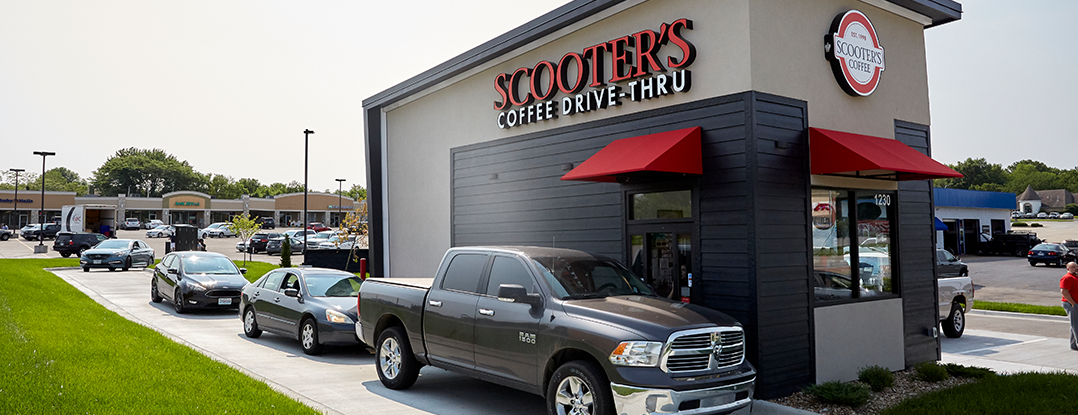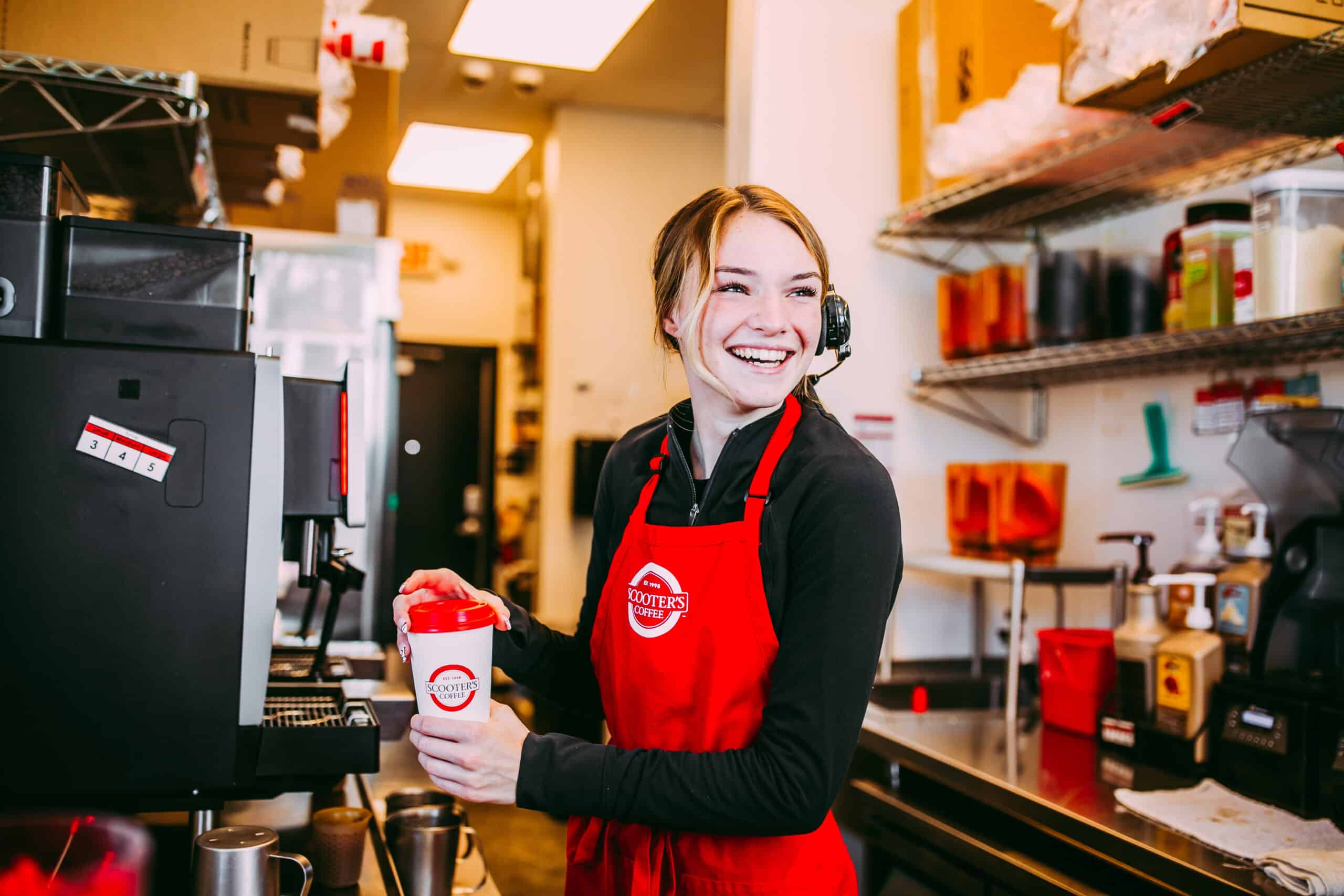Restaurant supply chain management can make or break your business. The pandemic has undeniably highlighted the fragility of supply chains, raising valid concerns about their stability and resilience. If you’re considering opening a restaurant, ensuring a robust restaurant supply chain management system is not just beneficial; it’s essential. Let’s explore how you can fortify your restaurant’s supply chain and what to look for in a franchisor’s supply chain practices.
Fortifying Your Supply Chain
Understanding how to manage your supply chain will also help you to mitigate challenges in the future like rising food prices, as well as supply shortages.
The pandemic served as a wake-up call, revealing how quickly supply chains can be disrupted. As you venture into the restaurant business, one of your primary goals should be to create a supply chain that is as stable and efficient as possible. Here’s how:
- Diversify your suppliers: Don’t put all your eggs in one basket. Relying on a single supplier can be risky. Diversify your supplier base to mitigate risks associated with supplier failures or shortages. This approach not only provides a safety net but also could give you a competitive edge in price negotiations.
- Embrace technology: Implementing supply chain management software can be a game-changer. These tools offer real-time tracking, inventory management, and predictive analytics, helping you anticipate and manage potential disruptions effectively.
- Build strong relationships: Establishing strong relationships with suppliers helps to ensure better communication, trust, and reliability. This can lead to more favorable terms and a better understanding of each other’s capabilities and limitations.
- Focus on quality control: Regularly assess the quality of goods received. Poor quality can lead to waste and customer dissatisfaction, which in turn can affect your bottom line.
- Plan for contingencies: Always have a backup plan. Whether it’s alternative suppliers, extra inventory, or a financial cushion, being prepared for unforeseen circumstances is crucial.
Evaluating a Franchisor’s Supply Chain Practices
When considering a franchise model, scrutinizing the franchisor’s supply chain practices is vital. Here’s what you should look for:
- Transparency and communication: Good franchise systems should provide transparency about their supply chain practices, effectively conveying information on the sourcing of products and the process of acquisition.
- Centralized purchasing power: One of the advantages of a franchise model is the power of collective purchasing. Assess whether the franchisor leverages this to negotiate better prices and terms with suppliers, which can significantly reduce costs. Scooter’s Coffee® has a strong supply chain that lets franchise owners order everything through its affiliated company, Harvest Roasting.
- Efficient distribution systems: Investigate how the franchisor manages distribution. Efficient logistics are key to ensuring that products are delivered on time and in good condition. This includes having contingency plans for distribution challenges. To help guarantee quality and supply, Scooter’s Coffee uses its affiliated distribution company, Harvest Roasting.
- Quality assurance: Ensure that the franchisor has stringent quality control measures in place. Consistent quality across all franchise locations is essential for brand reputation and customer satisfaction.
- Sustainability practices: In today’s world, sustainability is not just a buzzword but a business imperative. Check whether the franchisor has sustainable practices in their supply chain management. This not only reflects well on the brand but can also lead to cost savings in the long run.
- Adaptability and innovation: The best franchisors are those who are adaptable and innovative, especially in their supply chain strategies. They should be able to quickly adjust to changing market conditions and incorporate new practices as necessary to improve efficiency.
The Bottom Line
As a savvy entrepreneur, understanding and ensuring a robust supply chain is critical. The past few years have taught us the importance of having a resilient and efficient supply chain. By focusing on diversification, technology, strong relationships, quality control, and contingency planning, you can build a stable supply chain for your restaurant. When evaluating a franchise opportunity, pay close attention to the franchisor’s supply chain practices, including their transparency, purchasing power, distribution efficiency, quality assurance, sustainability, and adaptability. Remember, a strong supply chain is not just about managing costs; it’s about helping to ensure the longevity and success of your restaurant venture.
To learn more about how franchising with Scooter’s Coffee can help you manage your supply chain with the full backing of a team with years of experience, request franchise information.

